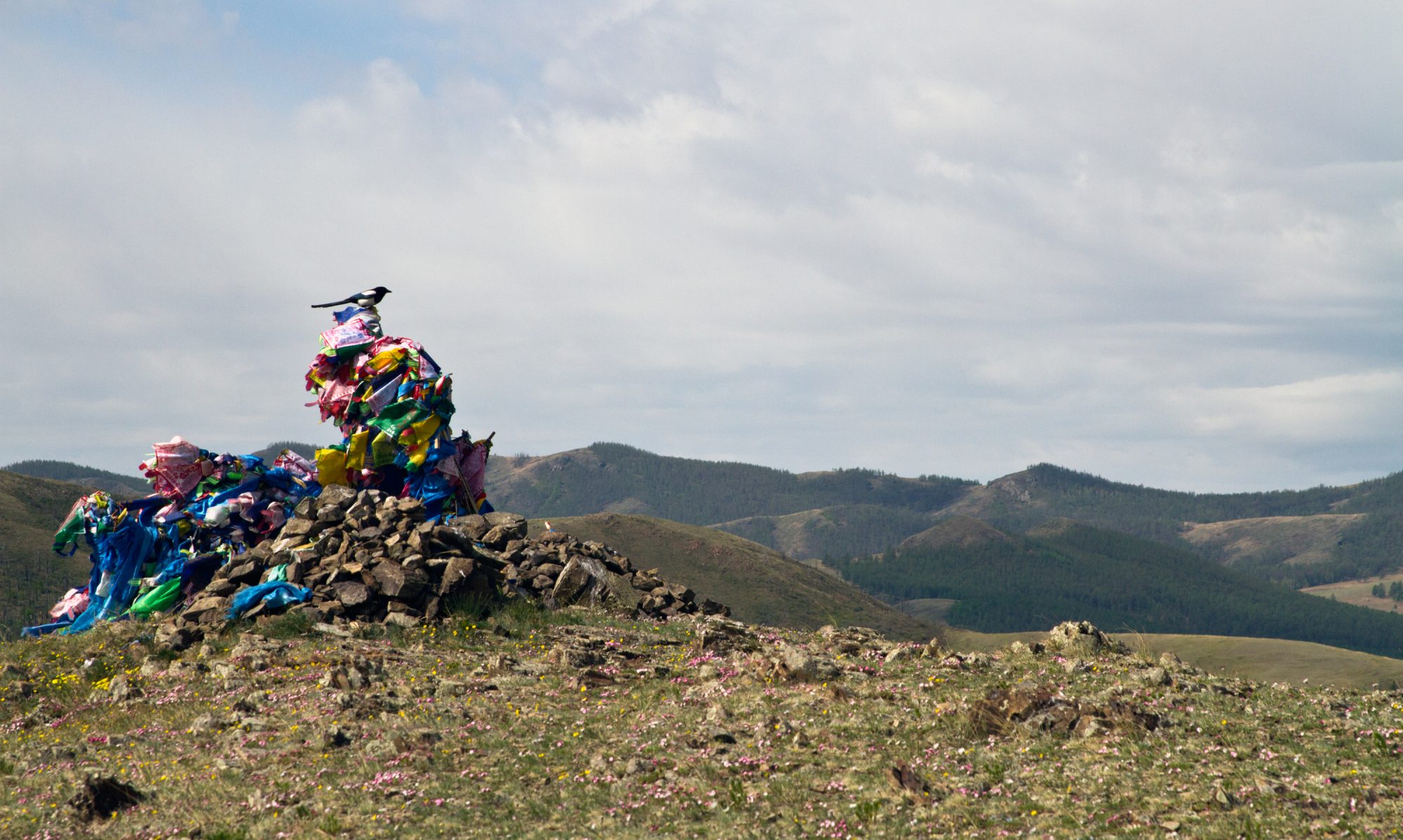As you age, you don’t lose the ability to learn altogether, only you lose the the ability to learn things you’ve lost interest in. I’m learning Armenian probably faster than I learned Russian, and certainly faster than I did French. You learn how you learn fastest, and learn that way faster. I’ve never been able to sit down and study and I haven’t learned anything I’ve learned that way.
For me, I need a close relationship with a native speaker to learn a language well. I think I heard the expression learning on the pillow, I think it’s the fastest way. You are close to someone, you understand their trains of thought and the gist of what they are saying more quickly, with less words. Two streams running parallel, one perseveres in the same direction when the other dips underground, and they meet again further along when it returns to the surface. The dark body swimming near you goes along with you, the wet spitting head rejoins you when it returns.
And the other way around, when you go beyond what you can say, when you lose yourself in your speech, the other can extrapolate from their understanding of you and supply the words or figure you need. I don’t know anyone like that yet who speaks that language, or I do know one person, but he lives in a village on the other side of the country and I was only just getting to know him when I left.
Of course given the simplicity of the language I’m able to produce, that I could have a conversation about any interesting topic with him might have misled me into thinking we were closer than we were. We talked about holiness and art, whether there was a relation between them, and what it could be and what it might indicate.
Other than that the most interesting topics I’ve spoken about with people are Georgia and related topics in international politics. From there it’s been a steep drop off to food, fashion, and customs, and there is a weird similarity to these conversations, and then to simple questions of transportation and logistics.
The leap from thought to thought, the seeming leap that you can find the hidden bond behind, that comes from intimacy of thought or a similar cast of mind, is a precious thing and so is often counterfeited. You speak in generalities to avoid knowing that another disagrees, or you are painfully explicit in order to exclude misunderstanding; or you leave gaps, wide gaps, and agree to pretend with another that you both know what belongs in them.
An author imitates it, with a telegraphic style that jumps from topic to topic or scene to scene without indicating their connection; to make the reader feel the author is confident in their intimacy so that the reader can be as well. That’s the irritating thing about this kind of style. It invades your bed and snuggles up against you as if you invited it there, it’s hail-fellow-well-met without being able to remember your name.
